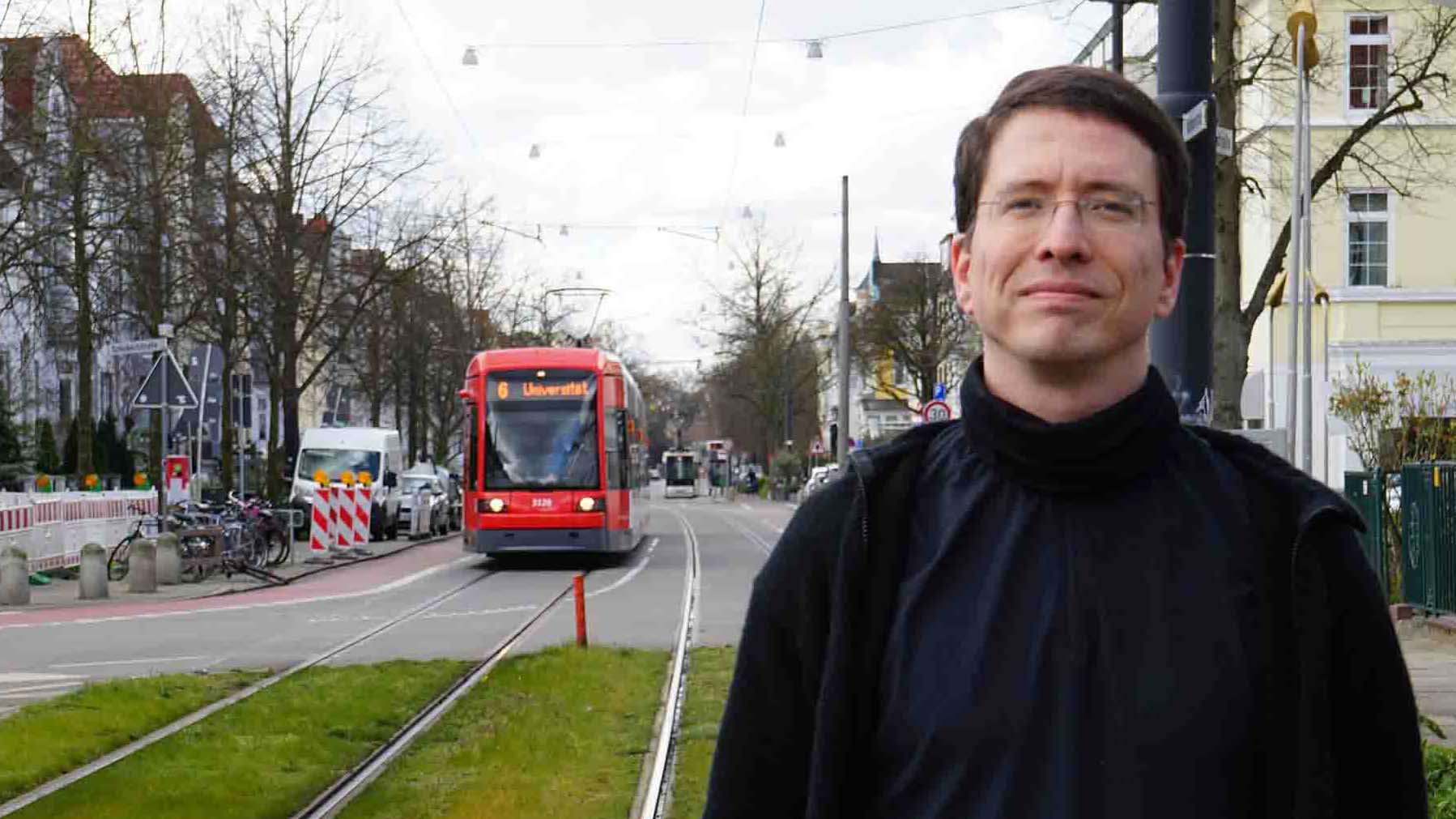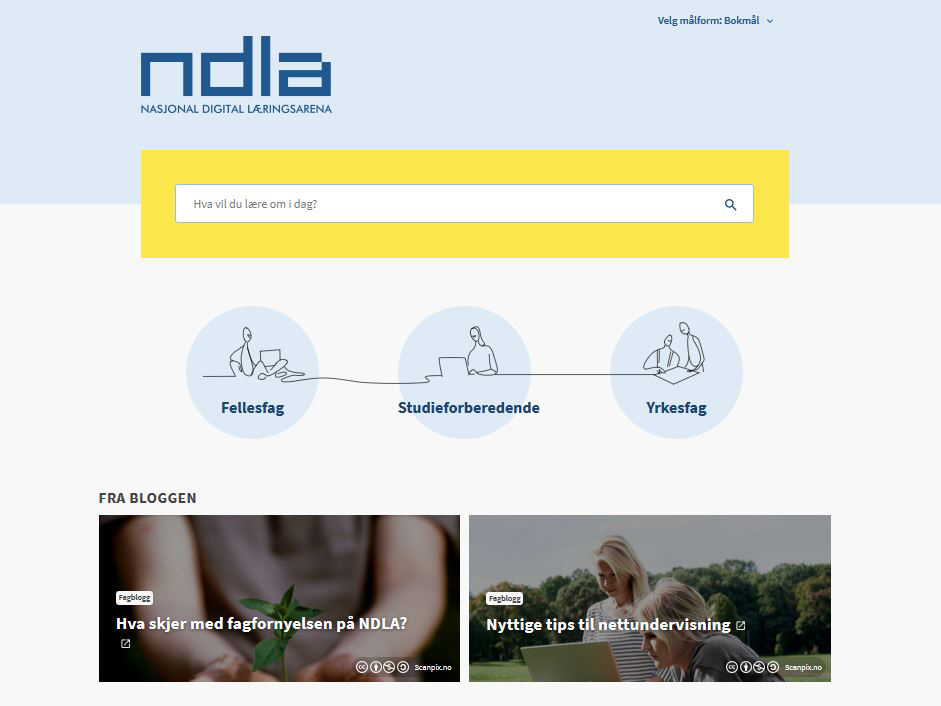
Photo: Karla Götz / University of Bremen
School Closures: Digitalization as an Opportunity during the Corona Crisis
Free educational materials and the corresponding infrastructures are what the Bremen educational scientist Frank J. Müller is asking for.
Müller is a junior professor of inclusive pedagogy at the University of Bremen. During a research trip to Norway, he became acquainted with the Nasjonal Digital Læringsarena platform, which was created in the Scandinavian country, and also its positive effects. Professor Müller finds that such a platform would be a great opportunity for continual education in Germany during the corona crisis, which has led to the closure of schools. We asked the expert a few questions.
Professor Müller, which problems are arising at the moment?
A great deal of the overstrained commercial and centralized, governmental platforms cannot deal with the numbers of new users or are being stopped by cyber-attacks. Many teachers are sending PDFs to their pupils or are taking photos of pages in books. However, a large number of recipients do not have a printer and only a smartphone at home. The discrimination of pupils from households with lower cultural and financial capital is increasing. Additionally, commercial service providers are enticing people with trial offers and are securing customer data for after the crisis. We are also seeing that it is not enough to equip schools with iPads and WIFI. We need materials and the chance to differentiate said contents in such a manner so that we can support all pupils.
What are the learning materials like?
They may include teaching plans, books, lesson concepts, scripts, exercises, tests, projects, and audio, video, and animation formats for all of the grades. The special feature of these open materials with free licenses is that they can be copied, used, changed, and distributed entirely legally and for free. This high level of individualization creates the ideal conditions for a heterogenous body of pupils that have higher and lower levels of performance.
What form of copyright is there if the materials are available to everyone and can be changed?
The changed copyrights are covered by a special license. Said license defines what is allowed and what is not. More complex licenses that do not waive the stating of names are thinkable for schools. Teachers then have the right to work on materials, mold them to the needs of the pupils, and distribute them.
How are contributions protected so that unauthorized persons do not gain access and make undesired changes?
We can take Norway as an example: A market, which is mainly made up of small companies that are willing to fulfil the demand for high-quality materials under a free license, has developed there. The Nasjonal Digital Læringsarena platform cannot be compared to Wikipedia. Only an editorial team has access to the main pages. At the same time, teachers have the chance to create individual learning paths for their pupils, which you can imagine as being much like Spotify playlists.
What advantages do the materials made available on the platform have for teachers?
The growing heterogeneity in classrooms is a challenge for teachers. A platform full of free materials forms a starting point and aids the development of new ideas in a team. Exchange across classes, years, and schools is promoted by this.

Screenshot: https://ndla.no
What chances do you see for Germany?
It is especially important that digitalization is connected to inclusion. If we are unsuccessful in doing this, we will create new problems for the next years. If all participants work as one and do not try to reinvent the wheel at every given opportunity but rather build on the ideas of others, we will have the chance to come out of this crisis stronger.
What are the next steps that need to be taken?
The representatives from the fields of education politics and administration need to be made aware of the demand in schools. High-quality materials under a free license have their price but we should be prepared to pay said price to enable comprehensive and sustainable usage.
Do you have a time schedule in mind?
The biggest hurdle is organizing that the states move forward together. If we manage to do that then we could make materials for each school year and each subject available in six years. It cannot be the case that our reaction to corona is that we retreat into our own space and only care for our state. We need all states to cooperate with each other and with other countries in order to make access to education sustainable for everyone.